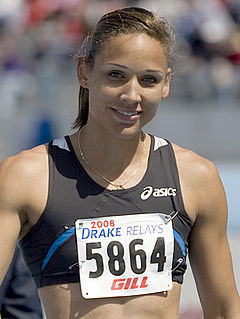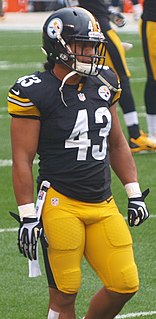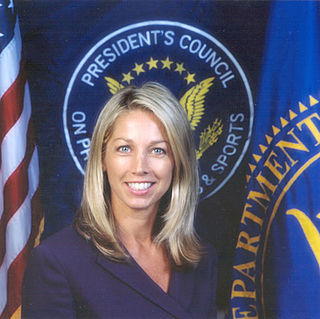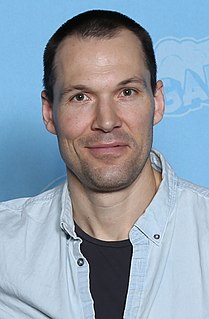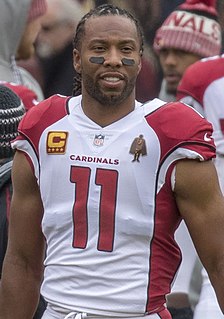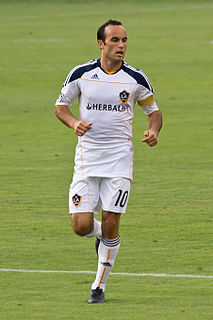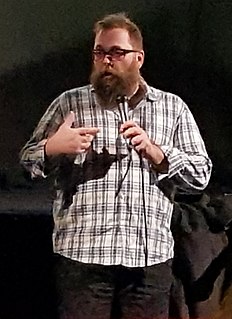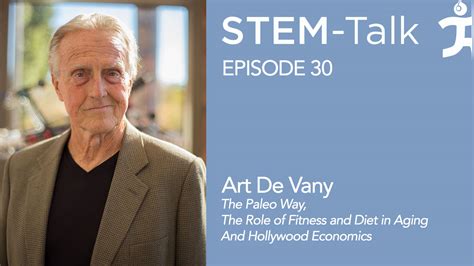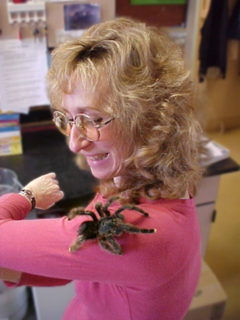A Quote by Lolo Jones
Deep squats work so many muscles in your body. Once a week, I do three sets of six, or eight of the free-bar ones, which can help out your balance and work more muscles than doing them on the machine.
Related Quotes
It's tough, you know, when you're thin and you don't put on muscle mass that easily. What you've got to remember is that you really have to eat a lot and you have to work your body out with basic exercises like deadlifts and squats and the bench press - the workouts that are basic in form but work a large group of muscles.
Basically, you're still sitting there using just the muscles of your hand, really. Of one hand, actually. It's another example of the transfer of literacy to making music because the assumption is that everything important is happening in your head; the muscles are there simply to serve the head. But that isn't how traditional players work at all; musicians know that their muscles have a lot of stuff going on as well. They're using their whole body to make music, in fact.
What's funny about me is that when I try and relax, and my body is in a fatigued or - you know, my muscles aren't feeling that great, I feel I only get worse. But when I go work out and do the things that are productive to helping off-set the weak muscles or hurt muscles, I feel like I can become a lot better after that.
To keep your he-man jaw muscles from smashing your precious teeth, the only set you have, the body evolved an automated braking system faster and more sophisticated than anything on a Lexus. The jaw knows its own strength. The faster and more recklessly you close your mouth, the less force the muscles are willing to apply.
Your least frequent, most extreme exertions will have the greatest influence on your fitness. The peak moments of a workout count far more than the amount of time you spend working out. This is why a series of 40-yard sprints at full speed benefits you more than half an hour of jogging. It's also the reason why lifting a weight heavy enough to make your heart pound and your muscles burn counts more than spending hours at the gym always in your comfort zone, never truly challenging your body. When a work-out becomes an unvarying, monotonous routine, it loses its effectiveness.
When you are balancing perfectly in a tree pose, everything is easy; your breath is deep and relaxed, and your muscles are working for you just as you'd like. It's pure and simple. Efficient. When you are having a great day, the same things occur. Your breathing is relaxed, your body is working harmoniously with your mind; everything just feels easier because you are in a state of balance.
The purpose of fear, clearly, is to help you get away - which it does. If your heart rate increases, there is more blood pumping so you can use that blood to fuel your muscles to run away. Oxygen is sent to the lungs so you can run fast. Pupils dilating help you see in the dark. All of that prepares your body to fight or escape.
